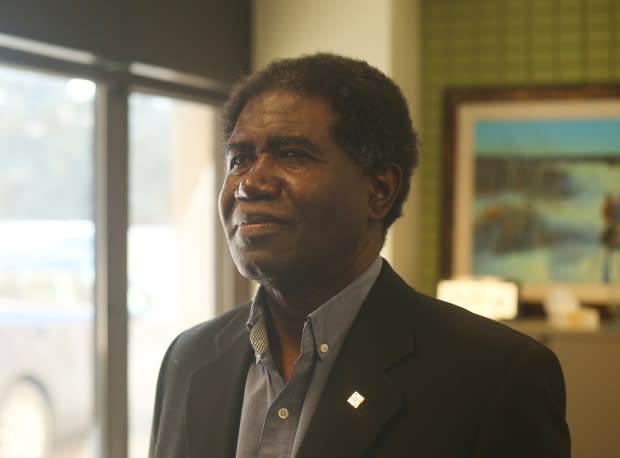SGI looks to collect data about impaired driving through study
SGI is looking for a company to conduct a study that will help the insurance agency better understand impaired driving on Saskatchewan roads.
The Crown corporation currently relies on data collected from police, the coroner's office and the semi-annual traffic safety monitor survey.
"Although these data sources provide valuable data for profiling alcohol and drug use while driving, they have limitations that make the identification of real-world use of drugs and alcohol by all drivers very difficult," according to a request for proposal from SGI.
Therefore, the Crown corporation is looking to hire a research team that would conduct a voluntary and anonymous roadside survey.
Give a breathalyzer, fill out a questionnaire
SGI is looking for an organization that could provide a "valid estimate" of the number of drivers driving under the influence on the road, both during the day and night.
The Crown corporation is also looking to identify the types of drugs drivers are using and characteristics of people who use drugs or alcohol before driving.
Drivers who participate would willingly submit breathalyzer samples and oral fluid samples that would be tested for drugs or alcohol, according to the request for proposal documents.
Participants would also be required to fill out a questionnaire.
'We find you a safe ride home'
Kwei Quaye, SGI's vice-president of traffic safety, driver and support services, said drivers who are found to be impaired would not be charged.
"If you are found to be impaired, we find you a safe ride home," Quaye said. "Your car is kept at the lot where this survey is taking place."

Quaye said SGI would not engage in any public awareness campaigns about the survey, nor would he say where the surveys would be conducted.
He said the Crown corporation does not want people to change their driving habits while the surveys are being conducted.
"It's a random roadside survey, and we want to get people [in] the normal state, as it were," he said.
"The goal is not to say where there's a survey happening in Regina on Albert Street and get people not using Albert Street."
Police assistance
The successful applicant would be assisted by police.
"It is advisable that your pricing submission include the costs to pay police officers," the documents read. "Such officers would not be able to leave the study site until the study is completed."
Quaye stressed that officers would only be involved in a traffic safety role.
"The involvement of police is just to only channel people into the survey area," he said.
"In the survey area, there will be the contractor who will be conducting this survey for us, as well as these trained staff doing the survey."

SGI expects the successful applicant to collect samples from between 1,500 and 2,000 participants.
The data collection portion of the survey is anticipated to start in June 2019 and end in September 2019, according to the request for proposals. The final report is to be submitted by Nov. 29, 2019.
Lawyer raises concerns about proposed program
Adam Fritzler, a criminal defence lawyer in Regina, said he had a number of concerns about the proposed survey, particularly the police involvement.
He said under the Provincial Traffic Safety Act, police are entitled to pull over anyone whether or not there's evidence of an infraction.
Fritzler noted that without that wording, a survey like what SGI is proposing would never get off the ground.
Depending on a person's behaviour when they decline to participate in the survey, the driver might give a police officer reasonable grounds to believe an offence has been committed, he said.
Fritzler said the fact that the police officer is only there to direct traffic doesn't change anything.
In fact, he said, having a police officer present might make people feel as though they have to participate.
"There is an inherent sort of authority that comes with a badge and a uniformed officer," Fritzler said. "Your average citizen isn't going to be sophisticated enough to sort of realize that they're not compelled to comply with something like this."

